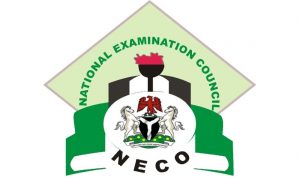Education
WAEC, JAMB to enforce 3-year ban on exam cheats – FG

The Federal Government has proposed a three-year ban on students found guilty of examination malpractice from participating in any external examinations conducted by national examination bodies, including WAEC, NECO, and NABTEB.
Minister of Education, Dr. Tunji Alausa, announced the measure in response to the growing menace of “miracle centres” and rising cases of examination fraud, especially during the recently concluded Unified Tertiary Matriculation Examination (UTME).
Dr. Alausa also directed that any school or Computer-Based Test (CBT) centre found aiding malpractice should be blacklisted by all examination bodies for the same duration.
“If a school or CBT centre is derecognised by any examination body, sister bodies must follow suit for the same period. This unified stance will send a strong warning to the operators of miracle centres,” the minister said.
He stressed that erring candidates should be identified using their National Identification Number (NIN), in line with Section 16(2) of the Examination Malpractices Act, which permits examination bodies to share information on offenders to enforce joint penalties.
The Joint Admissions and Matriculation Board (JAMB) recently disclosed that over 3,000 candidates were implicated in malpractice during the 2025 UTME, either as perpetrators or beneficiaries.
Meanwhile, the West African Examinations Council (WAEC) has threatened to cancel the results of candidates caught sharing or receiving live exam questions and answers via social media during the ongoing West African Senior School Certificate Examination (WASSCE).
WAEC said such cases may also be forwarded to the police for full investigation and prosecution.
In a statement released on Monday, the council warned that it had deployed technology, including the Candidates Identity Verification, Attendance, Malpractice and Post Examination Management System (CIVAMPEMS), to detect impersonation and digital cheating.
“Examination malpractice undermines quality education and national development. It is a cancer in the education system that requires a collective and multi-pronged response to eliminate,” WAEC stated, calling on all stakeholders to support its anti-malpractice campaign.























